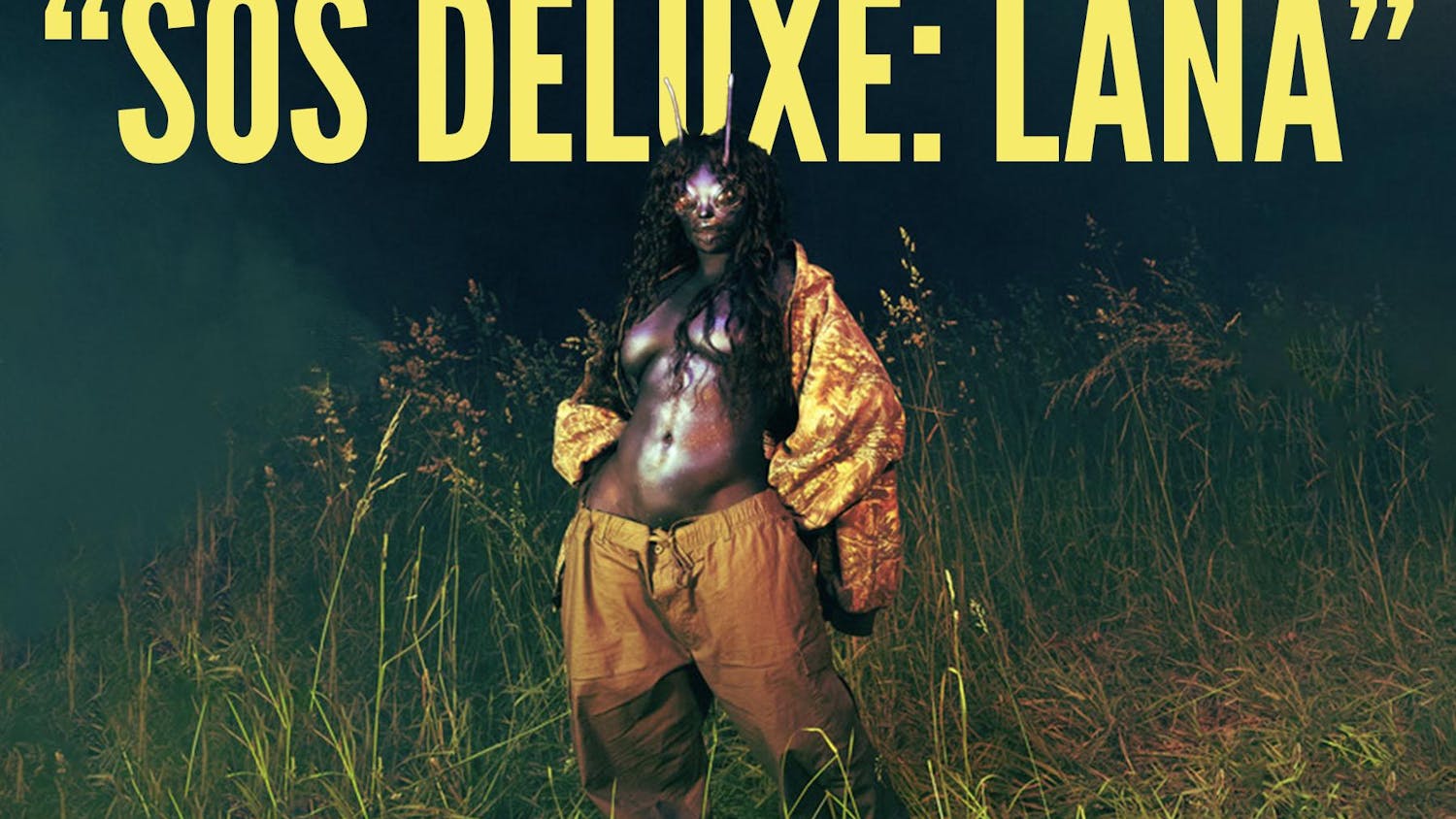Little did I know, when I took up a suggestion at my favorite Observer department meeting on Sunday to write a review for “Black Panther: Wakanda Forever,” I’d be enjoying almost four hours of my Monday afternoon, time I ought to have spent doing ethics homework, at the Cinemark in Mishawaka. Though I’m quite sure this was the first time I have ever gone to a movie theater alone, it’s not that I’m in any way movie theater adverse. I enjoyed watching “Minions: The Rise of Gru” in theaters with my friend Nate over the summer as much as the next 20-something-year-old. So, when I came across the opportunity to review a sequel who’s antecedent, 2018’s “Black Panther,” I had yet to watch, I jumped on the chance. It just didn’t cross my mind that they still released movies that weren’t on Netflix.
I know this is becoming a farfetched review — but please hear me out. Take Gregory Peck’s advice in “To Kill a Mockingbird”: “You never really understand a person until you consider things from his point of view […] until you climb into his skin and walk around.” I took the story because I was greedy. I have yet to write for scene since fall break. As a liberal studies major, I encounter enough literature without appropriate context or foreknowledge all the time. Try understanding a lick of Dante without a multifaceted grasp of Medieval astronomy — I had no idea. Try understanding the Gospels before reading all 46 books in the Catholic Old Testament. It wouldn’t be the worst. Some points, like love your neighbor as yourself, stand alone.
Upon entering the theater, I did know that the lead actor of 2018’s “Black Panther,” Chadwick Boseman, had passed away. Therefore, I was not surprised that funerals and goodbyes were thematic points of emphasis. Two moments of silence were demarcated during the two-hour, 43-minute run time, at the beginning and end, when images of Boseman in character were flashed about the screen. Boseman was the first Black actor to star in a Marvel Cinematic Universe film. A Cincinnati Reds fan, I had enjoyed watching Boseman play Jackie Robinson in the 2013 film “42.” The man carried a tragic colon cancer diagnosis for the final four years of his life — spending his brightest moments in the spotlight knowing he was good for dead.
I hand over all credit to the movie producers for creatively maneuvering the death of the real-life and fictional Black Panther. Strong female African American actors were the unequivocal answer. Shuri (Letitia Wright) knocked it out of the park in terms of superhero style. “Wakanda Forever” was par for the course in terms of my experience of Marvel and comic movies in general go — a familiar action arch. The emotional rawness of Boseman’s death on top of the universal joy of watching women triumph in roles typically played by white men (e.g., Superman, Batman, Spiderman) had me thinking when I left the theater, as if I had just left a drama.
Speaking briefly on the plot elements I have deciphered from the notebook I scribbled upon in the dark theater, a mythological element named vibranium seems to be central to the movie conflict. I was blown away by the underwater kingdom of the Talokan — very Gunganesce. I would have liked to see Namor disintegrate into pieces on that dessert and it’s not possible for Shuri to have survived that spear wound. The fact that Talokanil could lure all those sailors to drown themselves hit home to me as a reference to Sirens. The film, at its best, incorporated cultural elements from indigenous peoples of Africa and the Americas as well as the West. No doubt, most of these references flew over my head. But, because I could sniff all the allusions I was missing, I knew it was a good movie.
Title: “Black Panther: Wakanda Forever”
Starring: Letitia Wright, Tenoch Huerta, Angela Bassett
Director: Ryan Coogler
If you like: “Black Panther” (2018)
Shamrocks: 4.5 out of 5
Contact Peter Breen at pbreen2@nd.edu.









